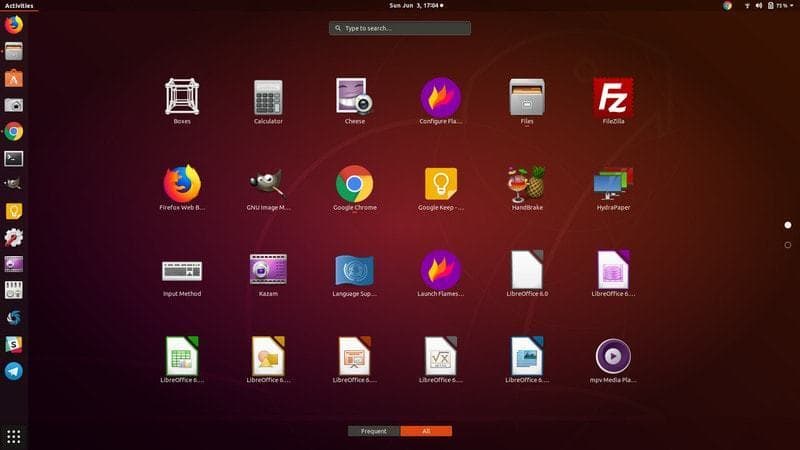What are the advantages of Linux?
What is Linux?
Linux is the best-known and most-used open-source operating system. As an operating system, Linux sits underneath all of the other software on a computer. It receives requests from those programs and then relays those requests to the computer’s hardware.
Advantages of Linux
Linux provides many advantages over other operating systems:
-
Open-source software available for everyone to contribute, modify, and enhance the source code. It is also available for users to download and use for free.
-
Linux is less vulnerable and more secure than Windows operating systems. Every program in the application needs authorization from the administrator who is required to type in a password. This way, Linux makes it less probable that any virus will execute.
-
Older and obsolete computers can be revived by Linux, which utilizes outdated systems like firewalls, backup servers, low-end systems, etc.
-
Software updates in Linux are easier and faster than Windows.
-
Customization allows users to add icon themes and wallpapers and to easily add or delete a feature as needed.
-
There are many Linux distributions, called distros, of Linux such as Fedora, Ubuntu, Arch Linux, Debian, Linux Mint, etc. These distros increase the feature choices available to users.
-
Many programmers use Linux, so a lot of online help is available for errors or scenarios.
-
No reboot is needed after installing and uninstalling programs, unlike Windows.
-
It is quite rare that a Linux system slows down or crashes.
-
Linux does not collect a lot of data from users to ensure user privacy.
-
A large number of networks and workstations can run simultaneously without compromising on efficiency.
-
Linux supports the execution of almost all possible file formats.
-
Low storage issues do not compromise the performance of software or applications.
-
Allows
multitasking tasks are performed simultaneously without any decrease in its speed
Free Resources
